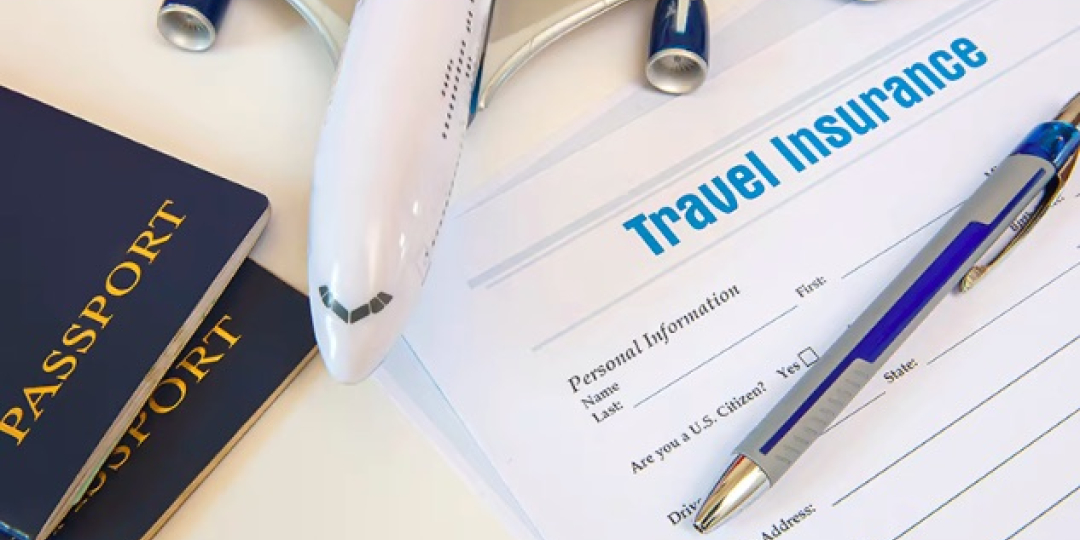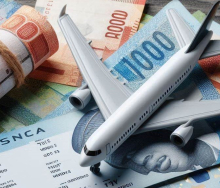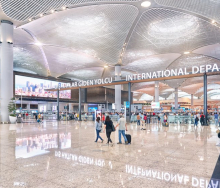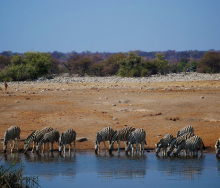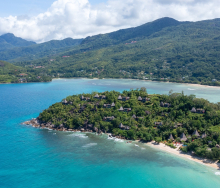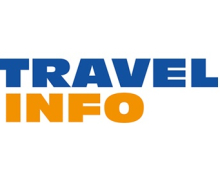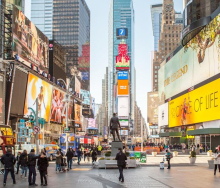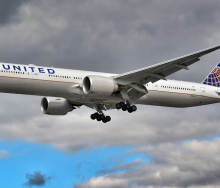Some clients perceive the price of a travel insurance policy as an unwelcome cost to add to an expensive airfare and hotel stay, according to South African travel agents Travel News spoke to on the topic.
Peter Tarlow is a US expert specialising in the impact of crime and terrorism on the tourism industry. He believes the travel insurance industry has a lot of work to do if it hopes to survive. In a recent interview with US travel industry news website, www.travelmarketreport.com, Tarlow said that the travel insurance industry will have to increase its levels of credibility and lower its costs to remain viable.
“Many younger generations do not purchase travel insurance and many question its legitimacy. Others see the price as an additional cost to an already overpriced travel market.”
But, as many agents know, it’s a quirk of our market that South Africans are the travellers who have most to gain by purchasing travel cover at the right level.
Jason Veitch, Head of Travel Insurance at TIC, says that travel insurance has, and will most likely remain, a contentious purchase for many people because it is not a product that comes with an immediate exchange.
Veitch says the South African market is very different to other markets when it comes to buying travel insurance.
“The cost of travelling for the average South African is more expensive, mainly due to accessibility. South Africans are subject to more visa restrictions than other territories and part of these requirements are that the traveller has adequate travel insurance.”
Said Veitch: “Unlike Europeans, who have free or accessible healthcare, South Africans can expect the cost of incurring medical treatment overseas to be anywhere from 10 to 20 times what they would pay in their home country. This is simply unaffordable for the traveller or family back home to cover.”
“Of course, the younger generation would like to spend their money on experiences more than insurance. It’s understandable. But you can experience your travel insurance product if you end up in a hospital bed, in a country that doesn’t speak your language when your insurer sends a family member to be by your side and then takes care of your flight home.”
Lara Saunders, General Manager at Giltedge Travel, says travellers tend to focus on the cost of the trip/holiday and overlook the importance of insurance, and it becomes a grudge buy.
Says Saunders: “Travellers underestimate the likelihood of something going wrong and we are finding that tech-savvy millennials are so comfortable and so accustomed to using online travel platforms to book their travel that they neglect or are not aware of the importance of having travel insurance.”
“We encourage clients to top up their insurance when paying by credit card as that cover is generally limited. Again, effective communication is key in helping clients make informed decisions about their insurance needs. The same applies to travellers who only travel with their medical aid insurance, as this is limited to medical emergencies only and is not fully comprehensive insurance bundle.
“We insist that clients sign an insurance waiver which should be common practice in the travel industry. It’s essential to ensure that the waiver clearly outlines the risks associated with not having travel insurance and that clients fully understand the implications of their decision,” says Saunders.
Veitch believes the case for travel insurance is hard to argue.
“There is no question about the legitimacy of travel insurance in the South African market. TIC has excellent claim payment records and the more credible insurers embrace treating the customer fairly in the regulatory framework set out by the Financial Sector Conduct Authority (FSCA).
“Travellers who do not purchase travel insurance are at a significant disadvantage. The value of insurance is only realised when the person suffers a loss that they would never be able to afford without the benefit of their policy.” p

